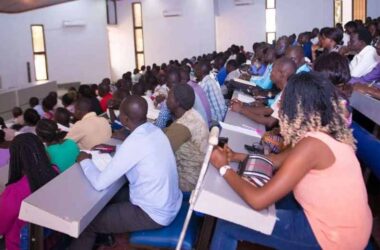By Manas James Okony
Amidst a backdrop of protracted conflict and humanitarian crisis, residents of Fangak County in Jonglei State are beginning to return home, as calm reigns.
The county, strategically located on the banks of the White Nile, has long been a flashpoint of conflict.
The area is characterized by its agricultural reliance, rich resources, and vulnerability to both natural disasters and armed confrontations.
The commissioner of Fangak County, Johnson Kuol Gach, has made an urgent appeal for food aid, emphasizing the dire state of humanitarian conditions as families attempt to rebuild their lives.
“The situation has been calm for over a week now, with no bombardments” he said.
“The humanitarian situation is deteriorating, and livelihoods have been devastated,” he stated.
The conflict between the South Sudan People’s Defense Forces (SSPDF) and opposition groups, including the White Army, a largely informal militia comprised of youth, has intensified since the beginning of this year, resulting in a spike of violence and displacement.
Fangak has not only been beleaguered by violence but also by severe flooding, which has marred agricultural productivity for over five years.
The dual impacts of violence and environmental disaster have severely compromised the ability of families to sustain themselves.
In recent months, many residents have escaped to swampy areas seeking refuge, heavily reliant on wild plants and fish for survival.
In an interview with No. 1 Citizen Daily Newspaper, Commissioner, Kuol expressed concern over the community’s spiraling food security situation.
“Fangak County has suffered from flooding over the past five years, leading to a complete halt in cultivation. The food and health situation has worsened, and with the fighting last month, civilians were displaced to swampy areas, further undermining their coping mechanisms,” he said.
The commissioner painted a grim picture of the situation on the ground, revealing that the displacement of civilians has led to skyrocketing malnutrition rates, particularly among vulnerable populations like women and children.
Despite the hazards, some individuals have begun to return home. Following a brief period of relative calm, marked by a series of aerial bombardments focused on rebel hideouts, approximately 85 women and elderly individuals returned to Palm village on Sunday, greeted by SSPDF forces who provided food and assistance.
He made a strong appeal for humanitarian agencies to step in, urging civilians to return.



